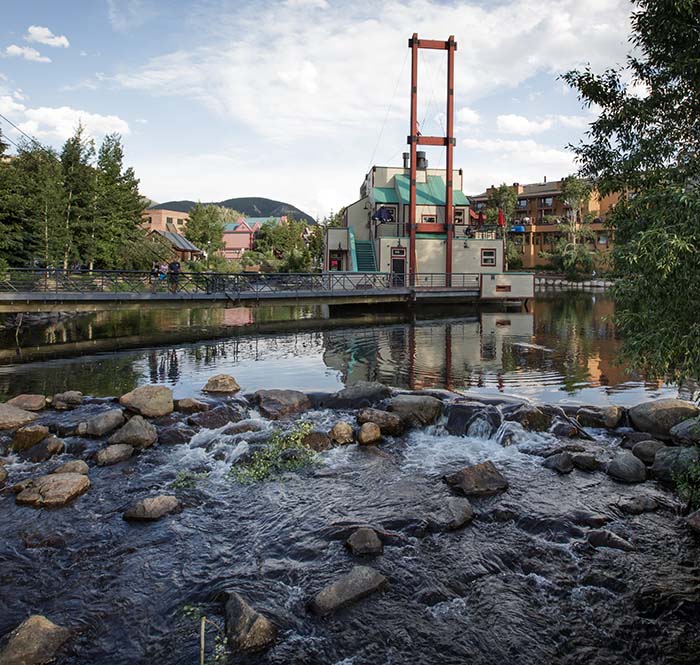WATER

Goal One.
Reduce potable water demand in buildings and at sites
Target.
10%
Reduction in annual demand below the 2016 baseline by 2025
INCREASE
Water efficiency program participation rates over previous year annually

Community-Wide Annual Water Demand Trends and Target
Implement policies that can provide direction to pursue the use of recycled water, coordinate with regional water supply planning efforts, and evaluate and implement recycled water projects on a case-by-case basis.
in Annual Water Demand
Reduction in Annual Water Demand
over baseline year 2016
2025 TARGET

For a better view at the charts, use landscape view on mobile devices.

Co-Benefits
Resource Savings
Environmental Leadership
Regional Priorities
Operational Cost Savings
Resilience
Community Engagement
Resource Savings
Environmental Leadership
Regional Priorities
Operational Cost Savings
Resilience
Community Engagement
Goal Two.
Reduce peak summer demand associated with outdoor water use
Target.
10%
Reduction in annual peak summer water demand below 2016 baseline by 2025
Reduce
Annual water loss from leaks over previous year

Community-Wide Peak Summer Water Trends and Target
To reduce outdoor water use, standard sprinkler systems can be converted to low-flow and drip systems with smart irrigation controls—controls that adjust automatically to weather conditions to save water.
2025 TARGET
in Peak Summer Demand
Reduction in Peak Summer Demand
over baseline year 2016
10%

For a better view at the charts, use landscape view on mobile devices.
Co-Benefits
Resource Savings
Environmental Leadership
Regional Priorities
Local Environmental Health
Resource Savings
Environmental Leadership
Regional Priorities
Local Environmental Health
Stretch Targets.
Non-Potable Water Use for Landscaping and Snowmaking
By 2032, eliminate potable water use for landscaping and snowmaking
Water Monitoring and Metering
Implement advanced metering infrastructure when grant funding is available